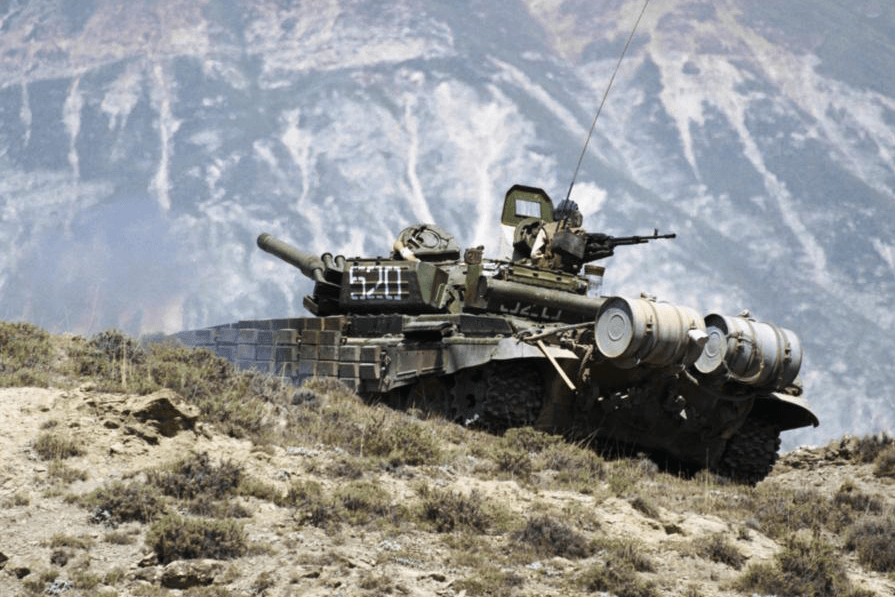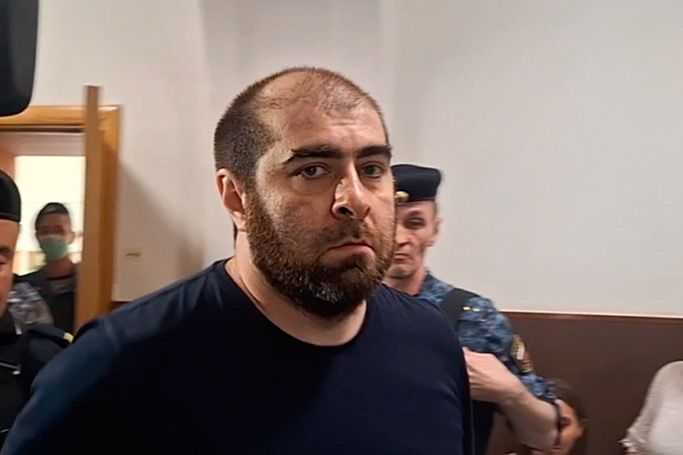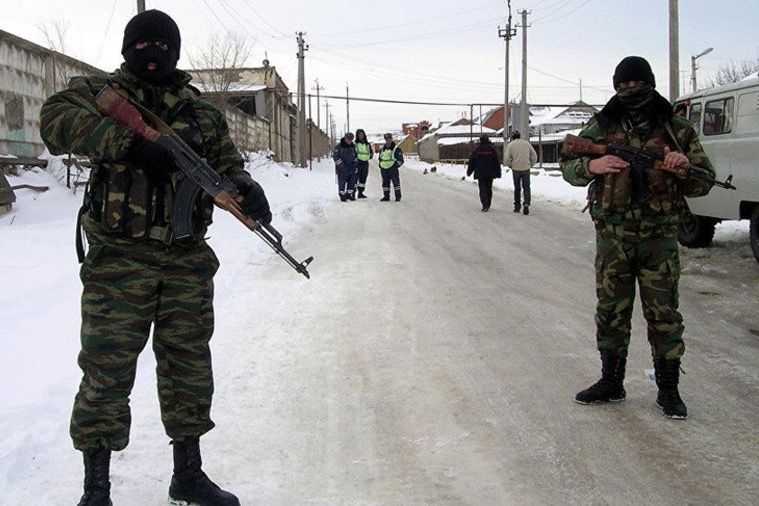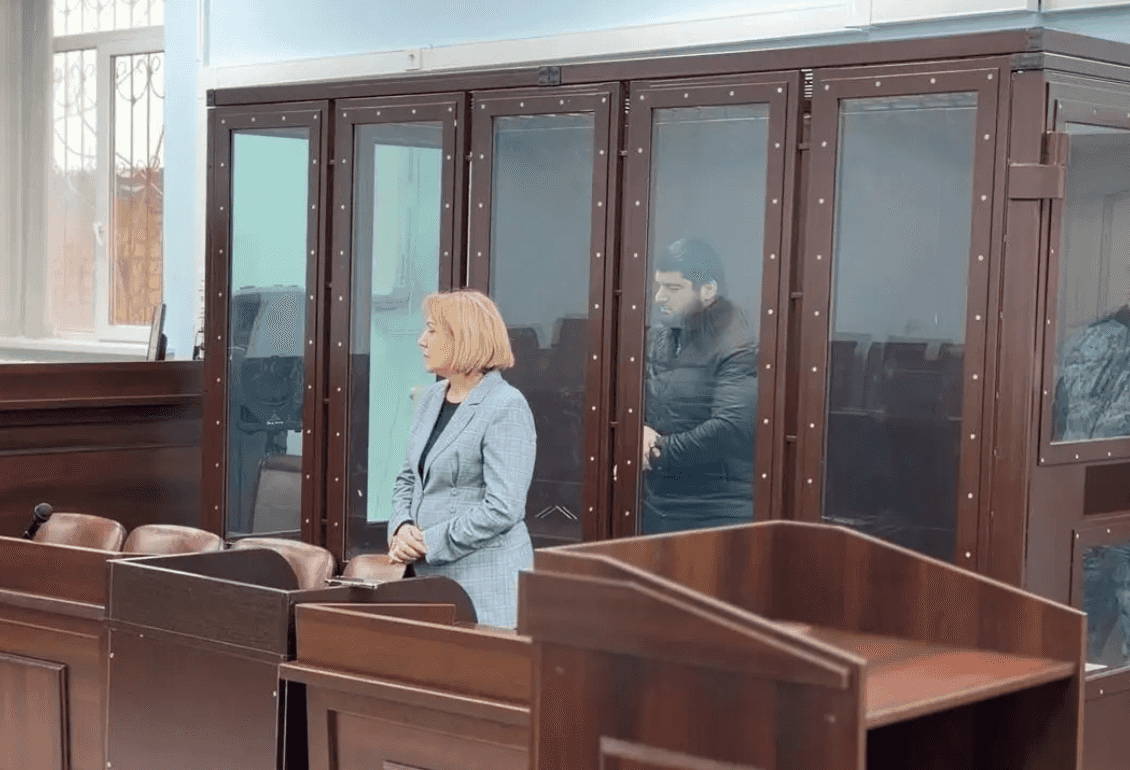
The Southern District Military Court has handed down long prison sentences to two residents of Stavropol Krai who were accused of participating in the armed incursion into Daghestan in 1999. Eduard Taushev and Temirali Zarakaev were found guilty of taking part in an armed mutiny, belonging to an illegal armed group, and attempting to take the lives of military personnel.
On Wednesday, the news agency Interfax reported, citing the Federal Security Service (FSB) Directorate for Stavropol Krai, that Zarakaev was sentenced to 19 years in a high-security penal colony, and Taushev to 13 years. The verdict has not yet come into legal force. The position of the convicted men regarding the charges and court decision has not been disclosed.
On 2 November 2022, security forces detained Taushev (born 1977) and Zarakaev (born 1974) in the Neftekumsk district of the Stavropol region. The case was submitted to court in April 2024.
According to the investigation, in June–July 1999 the accused voluntarily joined an armed group led by Chechen militant Shamil Basaev and al-Khattab. Investigators allege they actively participated in the militant incursion into Daghestan in August 1999. The criminal charges brought against them fall under article 209 (Part 2) of the Russian criminal code (participation in a stable armed group — a gang), article 279 (armed mutiny), and article 317 (attempt on the life of law enforcement officers or military personnel).
On 7 August 1999, armed units under the command of Basaev and Khattab crossed the border from Chechnya into Daghestan and seized several villages in the Botlikh district. More than 1,000 militants reportedly took part in the operation. Fighting between the militants and Russian federal troops continued until mid-September. On 15 September, the Russian Defence Ministry officially announced that Daghestan’s territory had been fully cleared of armed groups.

According to official data, 279 soldiers and officers were killed, and around 800 were wounded during the operation. On 31 August 1999, during a clearance operation in the village of Karamakhi, medical sergeant Irina Yanina — the only woman to be awarded the title of Hero of the Russian Federation for combat actions in the Caucasus — was killed. The Russian Defence Ministry estimates militant losses in Daghestan during the operation to be 2,500 killed.
These events are widely regarded as one of the key triggers for the start of the Second Chechen War. The Russian authorities officially refer to the events as a counter-terrorist operation. In subsequent years, law enforcement continued investigations and prosecutions against alleged participants in the incursion, which was formally classified as an armed mutiny.
At the time, Aslan Maskhadov, president of the self-proclaimed Chechen Republic of Ichkeria (the name used by separatists for an independent Chechnya during the 1990s), condemned the attack on Daghestan. However, he did not take practical steps to stop the militants.
Some of those prosecuted for involvement in the 1999 events had previously received amnesty. Other trials related to the Daghestan raid have also been covered by the media. In 2023, Zagir Yakubov was sentenced to 14 years in prison for his alleged role in the incursion. The conviction was based on the testimonies of three anonymous witnesses and another who claimed he was tortured by security forces. Yakubov committed suicide in pre-trial detention two days before his scheduled transfer to a penal colony.
Trials of alleged participants in the 1999 incursion continue to take place in Russia.











